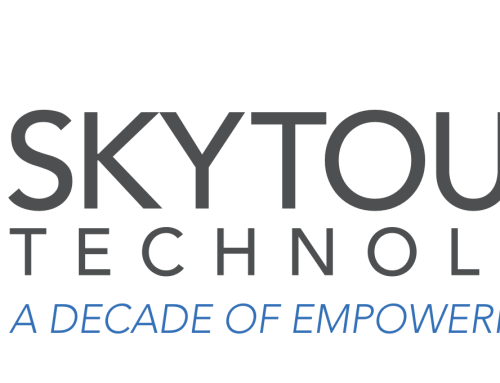HITEC, the hotel industry’s answer to the Consumer Electronics Show and all-around technology geek-fest, kicked off yesterday with a round of educational sessions introducing the latest and greatest hotel tech trends designed to wow guests and-most importantly-boost the bottom line.
Monday’s sessions addressed both consumer and property-level trends, and the underlying element to all was the prevalence of cloud computing: How can moving projects and systems to the cloud save money and create efficiency? What does it mean for security? How much do operators really need to know about the cloud and what vendors to choose?
The major takeaway
Hotel owners and operators migrate functions to the cloud so they don’t have to worry about technical minutiae, but the process still requires a good amount of planning.
“The fundamental shift is that you’re buying features now, not technology,” said Ron Tarro, president and CEO of Systems Design & Development. “Stay away from the technology. The reason you go after the cloud is because you want to be out of that business, not in it.” Still, while speakers agreed that smart cloud shoppers focus on features and customer service, attention must be paid to elements like budgeting and working with vendors.
Some reminders
Acquaint yourself with the basics
Cloud vs. non-cloud functions can be thought of like on-premise and off-premise strategies, said Sean Stecker, director of cloud solutions for Insight. “Think about having an on-site IT department-people who build your servers, hire and train staff and do hardware and software upgrades,” he said. “That’s off the cloud. When you move strategies to the cloud the risk goes from all of the adoption being on your shoulders as an IT owner over to the vendors.” Still, he warned that cloud computing isn’t a universal fix for all companies. Since it’s still a relatively new business practice, not all elements of a company work the same way in the cloud. “A lot of us are using email in the cloud,” he said, “but there are operational investments too. Just because you can move data to the cloud doesn’t mean your accounting department is going to like it.”
Inject flexibility into your vendor agreements
“You don’t want to be locked into an integration path prematurely,” warned Tarro. “Evaluate vendors to understand that lock-in and evaluate costs to switch if you need to.”
Know when you own your data and when you don’t
For the most part, companies retain ownership of all their data in the cloud. But experts warned attendees about shared rights clauses when dealing with cloud services vendors. “These are used by business-to-consumer programs, like Facebook,” Tarro said. “A lot of cloud providers use that clause to try to monetize your data on the back end. Unless you have a specific conversation with your provider, you may find the cloud to be fuzzy.”
Evaluate your cost of ownership
With the advent of cloud computing solutions, many companies have shifted related costs from capital expediture budgets to operating expenditure budgets. “You have to do the math and also keep an eye on what’s affecting the math so you know when the right time is to make a move,” said Ric Leutwyler, president of SkyTouch Technology®.



